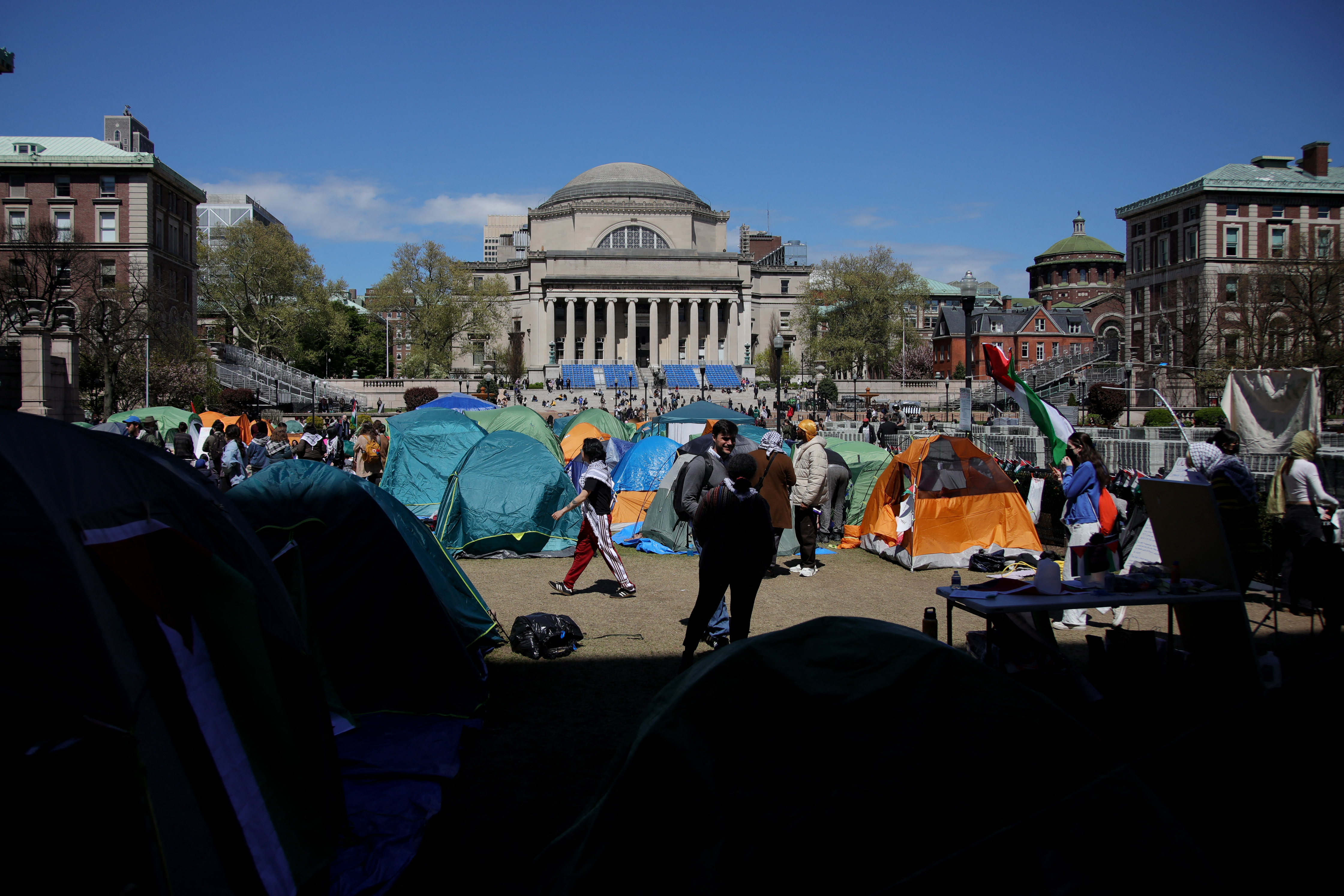Calling the city's snow removal "inadequate and unacceptable," Mayor Bloomberg still offered no reasons but said the city will investigate reports of a Sanitation Department slowdown.
Bloomberg and his sanitation commissioner denied that budget cuts were behind the city's sluggish response that left thousands of side streets in the outer boroughs unplowed for up to three days after the snow stopped falling Monday morning,
"It would be an outrage if it took place but I just don't know," said the mayor about an alleged job action by Sanitation workers protesting staff reductions and demotions.
"I did not see that," said Doherty about stories that Sanitation workers purposely dragged out the plowing, avoided major arteries and left packed layers of ice and snow on streets by keeping their plow blades high.
Bloomberg has been bombarded by an avalanche of criticism for the slow response, inviting comparisons to the 1969 blizzard that buried the city as well as the reputation of Mayor John Lindsay.
"Nobody is satisfied, we're accountable, I'm accountable," Bloomberg said Thursday during a briefing in Jamaica, Queens.
The Sanitation Department met its goal of plowing every street at least once by Thursday morning, all 600 stuck city buses have been freed and just under a dozen mired cars have to be moved, officials said.
Local
Questioned about still buried streets in Central Brooklyn, Bloomberg asked for exact locations and said plows would be dispatched. He said a three star Sanitation chief had been up in a police helicopter with binoculars scouring the city for unplowed streets.
Under the headline "Abominable Snowmen,'" the New York Post led with a damning report that Sanitation workers had staged a blizzard sabotage to protest staffing cuts. Queens City Councilman Dan Halloran told the paper that several "guilt-ridden" sanitation workers had come to him, confessing the alleged slowdown.
The Daily News compiled a chronology called "How we Drifted into Disaster," detailing how imprecise weather forecasts, a mayor apparently out of town on Saturday, 100 rookie plow drivers, and a sluggish response by Transit officials fueled a "horribly flawed response."
The New York Times focused on the city's failure to declare a snow emergency, the transit agency's delay in going on high alert and "the seemingly late and limited bid for outside help" as major contributors to the flawed response to the blizzard.
Buried streets, abandoned cars and thousands of 911 calls slowed the city's emergency response system, with the backlog of calls reaching 1,300 at its peak. Bloomberg suggested Wednesday that New Yorkers themselves shared some of the blame.
"We asked the public to do two things," Bloomberg said. "Don't call 911 unless it was a serious emergency ... and don't drive.
"Unfortunately, too many people didn't listen."
New York City operators fielded 49,478 calls to 911 on Monday -- the sixth highest total for a single day since the city began keeping statistics. There were 38,000 calls Tuesday.
Among the calls was a pregnant Brooklyn woman whose still born birth is being blamed on the slow response. She called 911 several times on Monday saying she was in labor. A dispatcher deemed her call a lower priority and paramedics didn't arrive at her Crown Heights home for some nine hours.
As more stories began to surface Wednesday about people who may have suffered serious medical problems while waiting for ambulances, the mayor sounded contrite.
"Your heart has to go out to anybody who has lost a loved one," he said then.
Bloomberg has directed Skip Funk, the new citywide director of emergency communications, to investigate the failings of the communications and dispatching systems.



